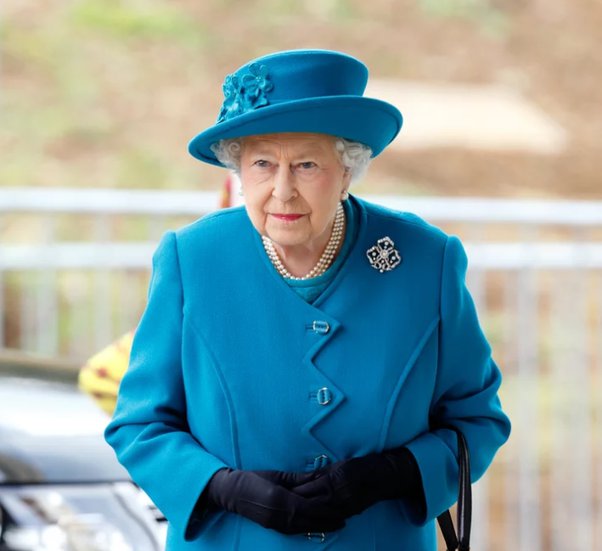Queen Victoria's impact on British politics is indelible. Her reign witnessed significant transformations, including the expansion of the British Empire and the consolidation of constitutional monarchy. The enduring political stability during her era laid the foundation for the modern parliamentary system, fostering a sense of national pride.
The Victorian era was marked by cultural flourishing, with Queen Victoria herself being a patron of the arts. The literature, architecture, and art of the time reflect an era of refinement and innovation. This cultural legacy has left an indelible mark on British identity, influencing everything from literature to societal norms.
The study of Queen Victoria is embedded in the British educational curriculum, ensuring that each generation is acquainted with her legacy. The emphasis on historical education contributes to the perpetuation of her reverence in the collective memory.
Numerous statues and monuments dedicated to Queen Victoria are scattered across Britain, underscoring her enduring presence in public spaces. Additionally, annual celebrations, such as Victoria Day, serve as a testament to the ongoing veneration of the queen.
Queen Victoria's extensive royal lineage connects her to many European monarchies. Exploring these familial connections sheds light on her personal life and the intricate web of relationships that shaped European history.
Delving into Queen Victoria's personal struggles and triumphs humanizes her legacy. Her resilience in the face of adversity, including the mourning period after Prince Albert's death, resonates with audiences today.
Queen Victoria's influence persists in Britain, evident in political structures, cultural expressions, and public commemorations. The educational system ensures her legacy is passed on, while monuments and celebrations maintain her presence in the public consciousness. By understanding and highlighting these facets, it becomes evident that Queen Victoria continues to be revered in the modern British landscape.




